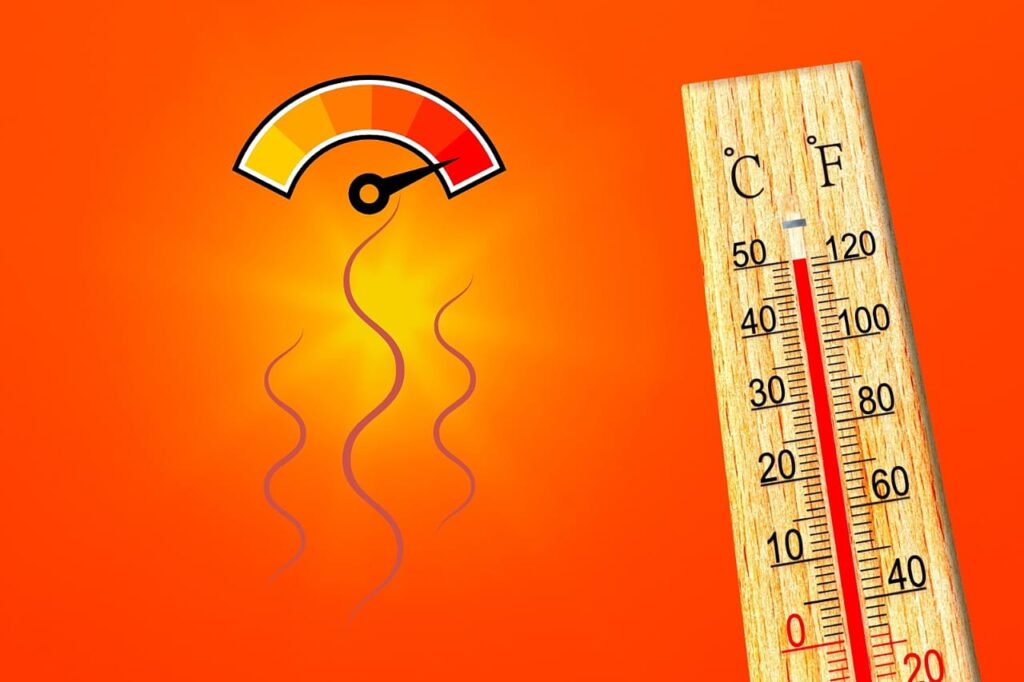Extreme Heat Grips South and East India: April Temperatures Hit 51-Year High

Extreme Heat Grips South and East India: April Temperatures Hit 51-Year High
South India and East/Northeast India experienced unprecedented heat in April, marking it as the second hottest April on record for the southern region and witnessing the highest average mean temperature in 51 years for the eastern and northeastern parts, according to data from the India Meteorological Department (IMD). This scorching heat wave has shattered records and impacted major cities such as Bengaluru, Kolkata, and Mumbai.
The southern region, as a whole, saw an average maximum temperature of nearly 37.2 degrees Celsius throughout the month, falling just short of the record set in April 2016. Bengaluru, renowned for its moderate climate, endured its hottest April ever, with 13 extremely hot days, including a stretch of six consecutive days of extreme heat.
In Eastern India, the situation was equally severe, with the average mean temperature hitting its highest mark since 1973. Night temperatures in April also reached unprecedented levels. States like Bengal, Jharkhand, and Bihar experienced intense heat, with Kolkata recording its highest April temperature in history at 43 degrees Celsius. Other areas, such as Kalaikunda in Bengal and Baharagora in Jharkhand, crossed the alarming 47-degree mark, indicating a severe heatwave.
Odisha, classified under central India by IMD, has endured a relentless heatwave for 16 consecutive days, marking one of the longest spells of extreme heat in the state’s history. The persistence of El Nino in the Pacific Ocean contributed to the above-normal temperatures in south India, while an anti-cyclonic circulation in the central Bay of Bengal blocked sea breezes from entering eastern India, exacerbating the heatwave.
The IMD forecasts that the heatwave will persist in eastern India until May 2 and is expected to continue in the southern region for at least another five days. The relentless heat underscores the urgent need for measures to mitigate the impact of extreme weather events and adapt to changing climate patterns.








